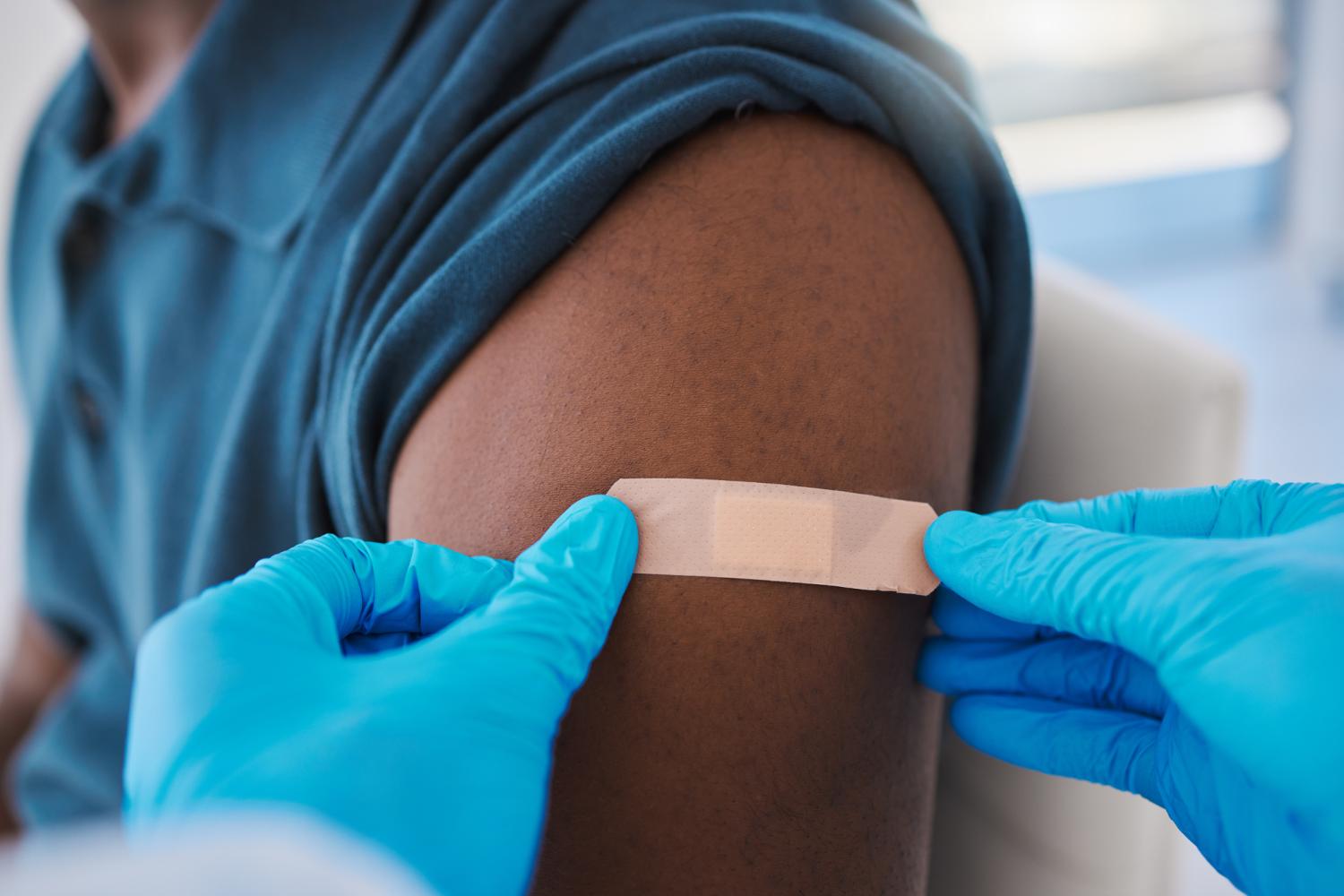US states with a 10% increase in Republican voting reported a 5% increase in COVID-19 vaccine–related adverse events (AEs), a 25% increase in severe AEs, and a 21% higher proportion of AEs characterized as severe, with more pronounced associations in older people, a study today in JAMA Network Open concludes.
A University of Pennsylvania–led research team analyzed 620,456 AE reports filed by adult vaccine recipients or their clinicians in the Vaccine Adverse Event Reporting System (VAERS) database from 2020 to 2022, and compared them with AEs after influenza vaccination from 2019 to 2022. They examined the AEs against state-level proportions of Republican votes in the 2020 US presidential election.
The average age of vaccine recipients was 52 years, and women made up 70.2% of AE reporters. Vaccinees were able to file more than one report.
VAERS reports have not been verified, the Centers for Disease Control and Prevention (CDC) notes. "Anyone, including healthcare providers, vaccine manufacturers, and the public, can submit reports to the system," the CDC says. "While very important in monitoring vaccine safety, VAERS reports alone cannot be used to determine if a vaccine caused or contributed to an adverse event or illness."
"Antivaccine sentiment is increasingly associated with conservative political positions," the study authors wrote. "COVID-19 mortality has been higher in US jurisdictions that are more conservative in their party registration, voting history, or representation. These differences are likely explained, in part, by differences in vaccination rates."
Republicans report more events as severe
Significant links were seen between state political inclination and state AE reporting for all three outcomes: a 10% increase in Republican voting was tied to greater chances of AE reports (odds ratio [OR], 1.05), severe AE reports (OR, 1.25), and the percentage of AEs characterized as severe (OR, 1.21).
These results suggest that either the perception of vaccine AEs or the motivation to report them was associated with political inclination.
While these associations were seen across all age-groups, they were more pronounced among older people. There was no such association for the flu vaccine.
"These results suggest that either the perception of vaccine AEs or the motivation to report them was associated with political inclination," the researchers wrote.
They added that the link between observation and belief is bidirectional. "The adage 'seeing is believing' recognizes that our individual experiences inform our sense of truth, and 'believing is seeing' recognizes that our preconceptions modulate what we experience in the first place," they wrote.
"In finding that Republican-inclined states show higher COVID-19 AE reporting than Democrat-inclined states, this study suggests that Republicans are more likely to perceive or report those AEs and that Democrats are less likely to," they concluded.




















